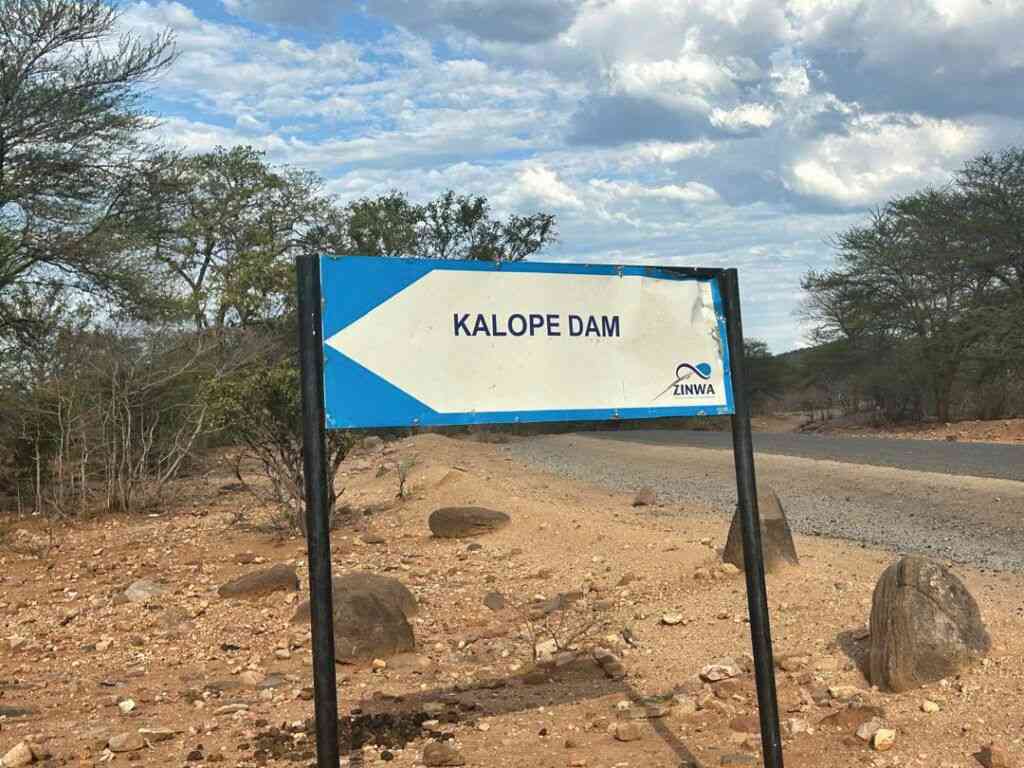
VOLUNTARY Services Overseas (VSO), an international relief organisation, has appealed for the urgent implementation and strengthening of agro-ecology services saying this is critical in ending poverty.
The organisation said through such services, communities adopt latest climate smart agriculture techniques necessary in transforming livelihoods.
The call comes at a time when Zimbabwe has been hit by a severe El Niño-induced drought, with figures indicating that the disaster has affected close to 70% of Masvingo province.
President Emmerson Mnangagwa has declared the drought a state of national disaster.
Speaking on the sidelines of a media tour of the Active Citizenship Through Inclusive Volunteering and Empowerment project sites, VSO country leader Tecla Ponde said agroecology was an implementation system which has been established to ensure food security.
During the tour, there was cross learning exchange on agroecology with VSO Nepal and Nepalese farmers at the Mhakwe Community Seedbank in Chimanimani.
She said this was specifically for smallholder farmers who are in areas that have adverse climate issues.
“We have seen that they are making use of locally available indigenous commodities to be able to produce food for themselves.
- British charity, govt partner on seed banks
- ‘Adopt latest climate change response mechanisms’
- ‘Implement agro-ecology policy to combat climate change’
Keep Reading
“So if you look at the two areas that we are implementing here in Chimanimani and in Shashe, farmers are living in slightly different environmental conditions, but both are implementing agro-ecology farming practices to be able to attain food security.
“Now we are promoting issues around traditional grains. I think this is part of the indigenous knowledge that has been passed from one generation to another.”
Ponde, however, said food insecurity was a threat at both community and national levels due to the effects of modernisation and industrialisation.
“Now we are getting a lot of GMO [genetically modified organism] seed. We are getting a lot of processed foods that may not necessarily address the food security issues within, generally, our areas. Not just even these drought-prone areas, but generally across, I think, Zimbabwe as a country,” she said.
VSO research, documentation and communications leader Vladymir Riveira said agro-ecological practices, which integrated ecological principles with agricultural practices, offered a multifaceted approach to enhance livelihoods and resilience in southern Africa, particularly Zimbabwe.
“Agro-ecological practices often involve crop diversification, intercropping and poly-cultures, which can improve food security by providing a variety of crops that contribute to a balanced, healthy and nutritious diet.
“The diversified and integrated cropping systems are more resilient to pests, diseases and climate change, reducing the risk of crop failure,” he said.
Riveira said some of the benefits included sustainable land use, soil health and economic stability as well as income generation.
Smallholder farmers in resource-poor communities of Zimbabwe and much of the Global South have since embraced the concept of agroecology as a mitigation strategy against low crop productivity due to many factors, including inappropriate seeds and seed varieties, labour shortages, loss of agro-biodiversity, insufficient inputs, degrading soils and recurrent droughts.











